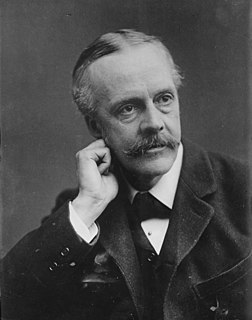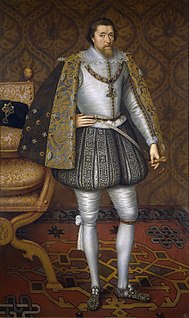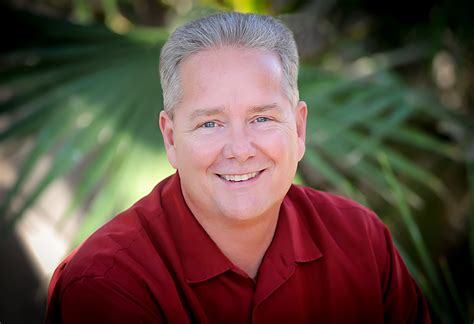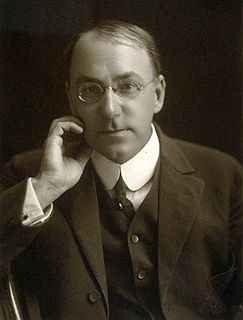A Quote by William Shakespeare
Boundless intemperance In nature is a tyranny. It hath been Th' untimely emptying of the happy throne And fall of many kings.
Related Quotes
...the act of eating,which hath by several wise men been considered as extremely mean and derogatory from the philosophic dignity, must be in some measure performed by the greatest prince, hero, or philosopher upon earth; nay, sometimes Nature hath been so frolicsome as to exact of these dignified characters a much more exorbitant share of this office than she hath obliged those of the lowest orders to perform.
This royal throne of kings, this sceptered isle, This earth of majesty, this seat of Mars, This other Eden, demi-paradise, This fortress built by Nature for herself Against infection and the hand of war, This happy breed of men, this little world, This precious stone set in the silver sea, Which serves it in the office of a wall Or as a moat defensive to a house, Against the envy of less happier lands,--This blessed plot, this earth, this realm, this England.
A man hath riches. Whence came they, and whither go they? for this is the way to form a judgment of the esteem which they and their possessor deserve. If they have been acquired by fraud or violence, if they make him proud and vain, if they minister to luxury and intemperance, if they are avariciously hoarded up and applied to no proper use, the possessor becomes odious and contemptible.
[The Book of the Law]was lost for so many years. And then Josiah decided to celebrate Passover. The text says that "The Passover sacrifice had not been offered in that way ... during the days of the kings of Israel and the kings of Judah" [2 Kings 23:22]. What do you mean? Not in the days of David and Solomon? Never before? And what of the days of the prophets? What happened? That's what I'm anguishing over. If the Book of the Law could be forgotten for so many years, who knows what was done to it during those years? Maybe it was lost later, too.
O ye that love mankind! Ye that dare oppose, not only the tyranny, but the tyrant, stand forth! Every spot of the old world is overrun with oppression. Freedom hath been hunted round the globe. Asia, and Africa, have long expelled her. Europe regards her like a stranger, and England hath given her warning to depart. O! receive the fugitive, and prepare in time an asylum for mankind.



































